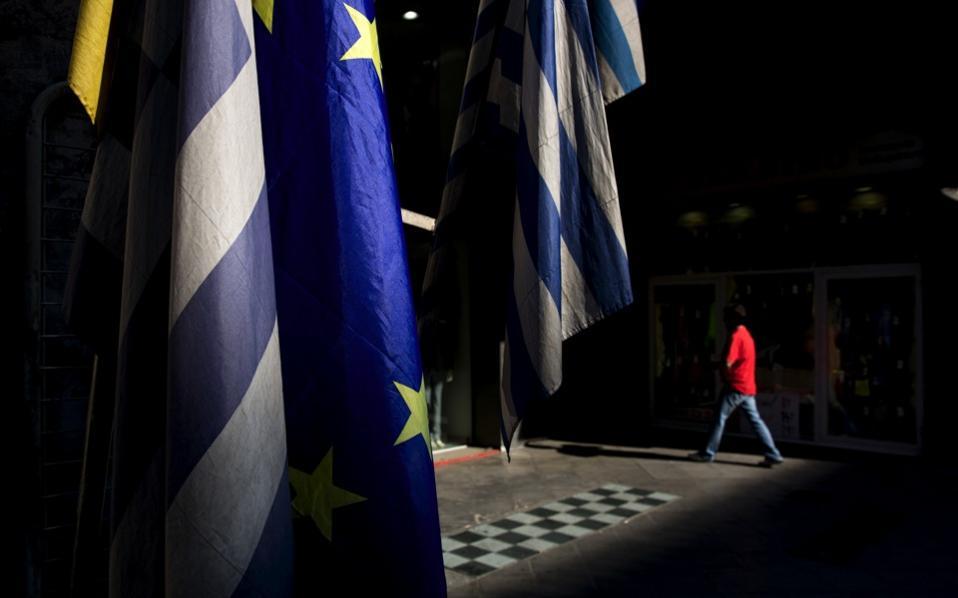A picture of disintegration

Greek Prime Minister Alexis Tsipras traveled to Brussels Wednesday for negotiations with the leaders of Germany and France, as well as the heads of the European Commission and Parliament, aiming to push for the removal of the International Monetary Fund from the quartet with which the country is negotiating its latest bailout review.
Similar efforts to introduce a “political dimension” into the discussions with the European Union have also been made in the past, but always ended up yielding the opposite to the desired results.
However, in contrast with what was going on in the summer of 2015, in 2012, when two elections took place in Greece, and even further back, in May 2010, the solid front of the institutions and Europe in general vis-a-vis Greece has now suffered a few cracks.
This fact seems to have revived the morale of Tsipras’s coalition government, especially in the wake of a major confrontation between the European institutions and the IMF, which erupted after negative comments regarding the prospects of the Greek economy posted in a blog by top IMF officials were refuted by Commission officials, just a few days prior to the Brussels meeting.
Of course Wednesday’s and Thursday's negotiations are not expected to lead to a decision that will exclude the IMF from the bailout program. Nor could the issue be decided on such a level – in other words, an informal meeting. But the difference in opinion has been recorded and is rather serious. German Finance Minister Wolfgang Schaeuble will not take part in the meetings but has already done his bit. The German Finance Ministry asked the institutions to evaluate whether a special supplement to low-income Greek pensioners announced by Tsipras was compatible with the country’s bailout obligations.
Following the German intervention, a spokesperson for Eurogroup chief Jeroen Dijsselbloem announced that the specific actions “appear to not be in line with our agreements,” and, given that there was “no unanimity now,” the European Stability Mechanism was announcing the suspension of short-term debt relief measures until a decision was reached.
No one knows if Tsipras will take advantage of the crisis to call snap elections and transfer an explosive situation onto a New Democracy government. No one can say how relations between the Commission, the ESM and the IMF will develop.
What is certain is that never has European disintegration looked so possible and traditional conservative voters are veering en masse toward the new right, as observed in the presidential elections of Austria and the French primaries.Schaeuble’s fiscal orthodoxy and German Chancellor Angela Merkel’s migration policy have led Europe to the edge.





